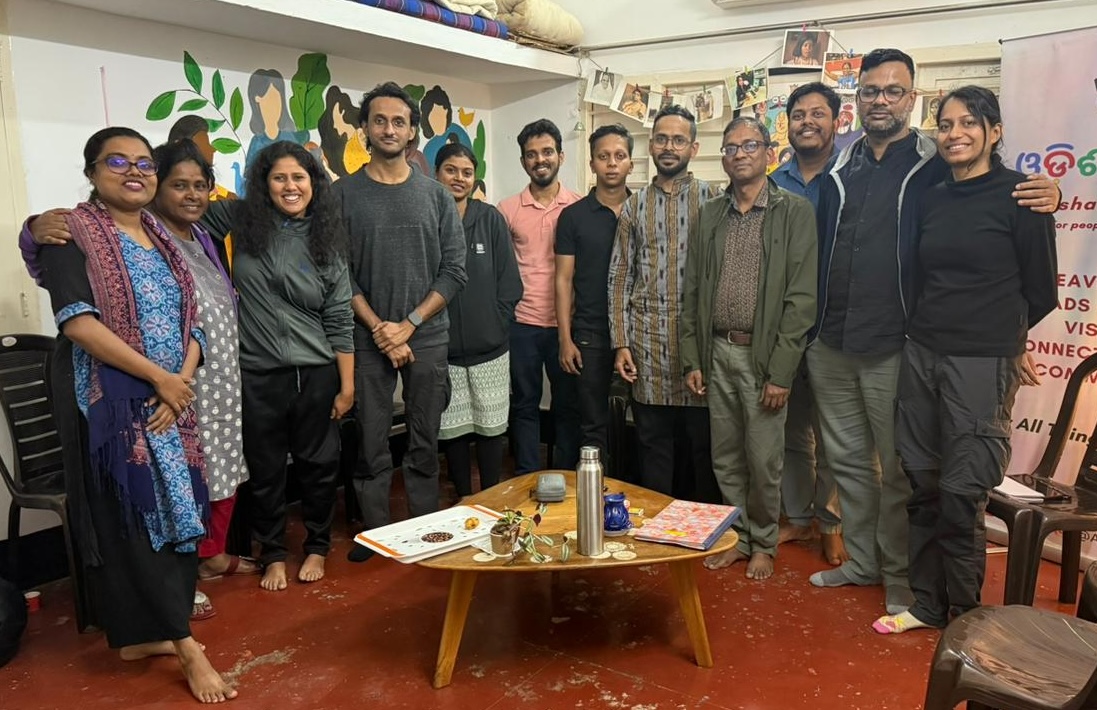New Delhi: In a significant stride towards fostering inclusivity and eliminating discrimination, the Support for Marginalized Individuals for Livelihood and Enterprise (SMILE) scheme, with a sub-scheme specifically catering to the comprehensive rehabilitation and welfare of transgender persons, was launched on 12th February 2021. Aimed at creating a Viksit Bharat (Developed India), the SMILE scheme emphasizes the importance of an inclusive society where every individual, regardless of gender identity, coexists with dignity and harmony.
The sub-scheme under SMILE is a multifaceted initiative encompassing healthcare support, skill development, shelter homes for destitute transgender persons, establishment of transgender protection cells at district and state levels, transgender welfare boards at state level, trans-safe toilets, and more. With dedicated components addressing the unique challenges faced by transgender individuals, the scheme strives to provide holistic support and opportunities.
To affirm the right of self-perceived identity, a National Portal for Transgender Persons was launched in November 2020. The portal issues identity certificates, recognized for updating names and genders in various official documents. So far, 16,463 transgender identity certificates have been issued through the portal.
Transgender individuals often encounter discrimination, violence, and atrocities. In response, the Transgender Persons (Protection of Rights) Act 2019 and Transgender Persons (Protection of Rights) Rules 2020 were enacted. The SMILE scheme incorporates provisions for the establishment of Transgender Protection Cells at the state and district levels, as well as Transgender Welfare Boards at the state level. A model transgender welfare board guideline has been circulated to all states and union territories.
As an integral part of the SMILE scheme, Garima Greh, shelter homes for destitute transgender persons, offer not just lodging and food but also counseling, life skills, and technical training. Over 400 transgender persons have received skill development training through these homes, contributing to their rehabilitation and mainstreaming into society. The goal is to establish at least one Garima Greh in each state or union territory.
Inspiring success stories underscore the impact of the SMILE scheme. Transgender individuals like Saburi Yadav, Deepaka Yadav, Krishi Tandi, Naina Sori, and others from Chhattisgarh faced discrimination but found refuge at Raipur Garima Greh. After receiving training, several of them now serve in various capacities within the Chhattisgarh Police.
Similarly, individuals from Raipur Garima Greh secured employment at G4S Security and Vedanta Group as security guards. Shradha Priyadarshini from Odisha, who identified as a transgender person, found support at Bhubaneswar Garima Greh. After receiving skill training in beauty and wellness, she is now a practicing beautician and continues her education.
Recognizing the varied medical needs of transgender persons, an MoU has been signed with the National Health Authority for a specialized Ayushman Bharat TG Plus card. This card offers over 50 health benefit services, including gender reassignment and cosmetic treatments.
The SMILE scheme is not just about providing support; it is a holistic approach to empower transgender individuals, addressing their unique challenges and creating opportunities for their positive inclusion in society. From skill development to healthcare and from self-employment to participation in the national workforce, the scheme envisions a self-reliant India that embraces diversity and inclusivity.





